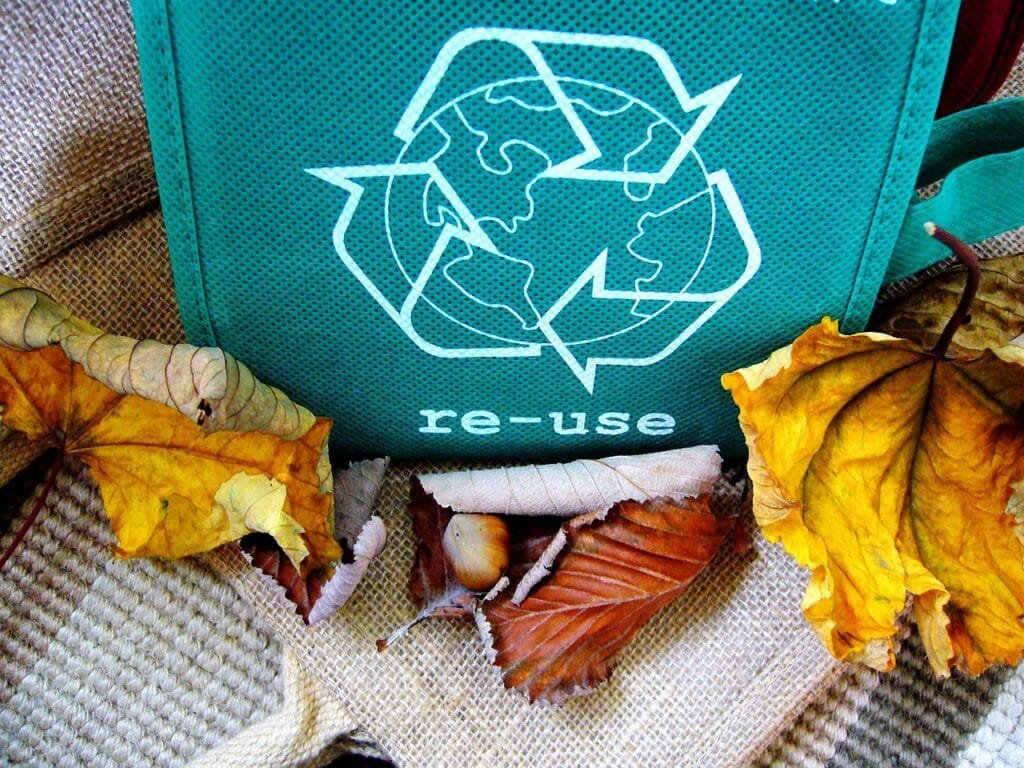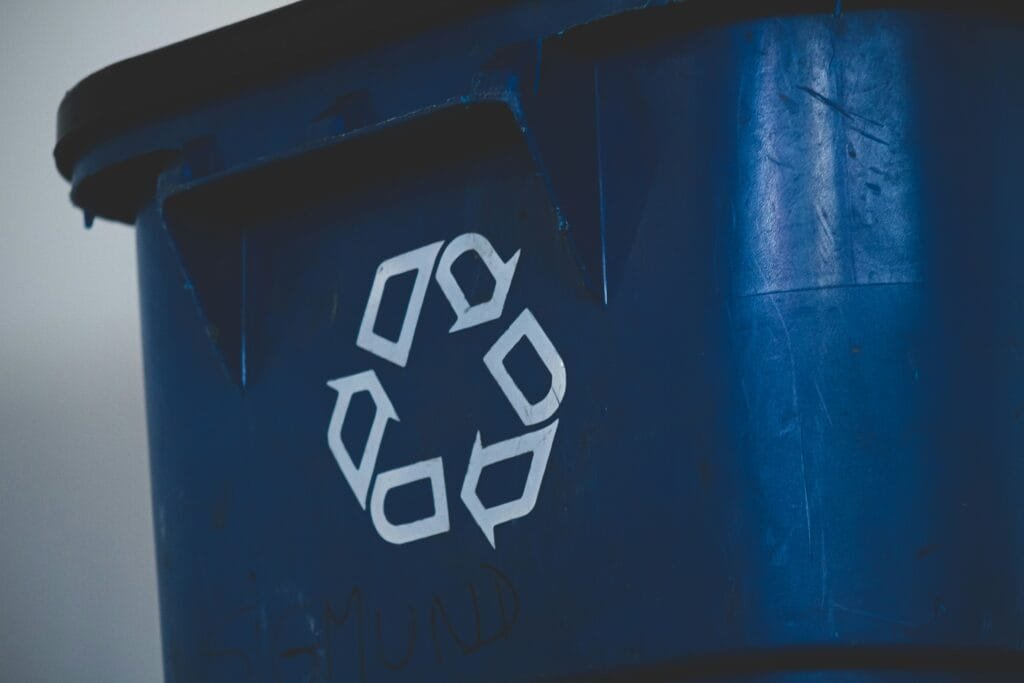Recycling has become an essential practice in modern society as concerns about environmental sustainability continue to grow. By transforming waste materials into reusable resources, recycling conserves natural resources, reduces pollution, and saves energy. This report explores the significance of recycling, its environmental and economic benefits, challenges faced, and steps individuals and communities can take to enhance recycling efforts.
Why Recycling Matters
Recycling plays a pivotal role in protecting the environment and conserving resources. Here’s why:
Resource Conservation: Recycling reduces the need for raw materials. For example:
- Paper recycling saves trees and forest ecosystems.
- Metal recycling reduces the demand for mining, conserving finite ores.
- Plastic recycling minimizes the extraction of petroleum-based resources.
Energy Savings: Producing goods from recycled materials typically requires less energy:
- Recycling aluminum saves up to 95% of the energy compared to producing it from bauxite.
- Recycling plastic uses 66% less energy than manufacturing new plastic from raw materials.
Pollution Reduction: Recycling decreases air and water pollution:
- Landfills and incinerators emit greenhouse gases and toxins.
- Recycling mitigates these emissions by diverting waste from disposal sites.
Waste Management: Effective recycling reduces the volume of waste sent to landfills and oceans, addressing the global waste crisis.
Types of Recyclable Materials
Paper and Cardboard:
- Newspapers, magazines, office paper, and corrugated cardboard are widely recycled.
- Recycling one ton of paper can save 17 trees, 7,000 gallons of water, and enough energy to power an average home for six months.
Plastics:
- PET (used in bottles) and HDPE (used in milk jugs) are common recyclable plastics.
- Recycling plastic reduces demand for virgin plastic, curbing carbon emissions.
Glass:
- Glass containers are 100% recyclable without quality degradation.
- Recycling glass saves energy and reduces raw material extraction.
Metals:
- Aluminum and steel are among the most recyclable materials.
- Recycling a single aluminum can saves enough energy to power a TV for three hours.
E-Waste:
- Electronics contain valuable metals like gold and copper.
- Proper recycling of e-waste prevents hazardous substances from polluting the environment.
Environmental Benefits of Recycling
Reduction in Greenhouse Gas Emissions:
- Recycling prevents methane emissions from landfills and reduces fossil fuel consumption.
- The EPA estimates that recycling in the United States prevents the equivalent of over 186 million metric tons of carbon dioxide annually.
Biodiversity Conservation:
- Recycling reduces habitat destruction caused by mining, logging, and drilling.
Ocean and Waterway Protection:
- Reducing plastic waste through recycling helps mitigate marine pollution.
Economic Benefits of Recycling
Job Creation:
- Recycling supports employment in collection, processing, and manufacturing industries.
- According to the Institute for Local Self-Reliance, recycling creates 10 times more jobs than landfilling.
Economic Growth:
- The recycling industry contributes billions to the global economy.
Cost Savings:
- Municipalities save money on waste disposal through effective recycling programs.
Challenges of Recycling
Contamination of Recyclables:
- Food residue, non-recyclable items, and mixed materials lower recycling efficiency.
Market Fluctuations:
- The value of recyclable materials depends on global markets, impacting profitability.
Lack of Public Awareness:
- Misunderstandings about what can be recycled hinder participation.
Infrastructure Limitations:
- Some regions lack adequate recycling facilities and services.
Solutions to Improve Recycling
Education and Awareness Campaigns:
- Informing the public about proper recycling practices can reduce contamination.
Technological Advancements:
- Innovations in sorting technologies improve material recovery rates.
Extended Producer Responsibility (EPR):
- Manufacturers take responsibility for the recycling of their products.
Policy and Legislation:
- Governments can incentivize recycling through laws, subsidies, and penalties for non-compliance.
How Individuals Can Make a Difference
Reduce, Reuse, Recycle:
- Practice the 3Rs by minimizing waste and repurposing items.

Proper Sorting:
- Follow local guidelines to ensure items are clean and correctly sorted.
Support Products Made from Recycled Materials:
- Purchasing recycled goods promotes market demand.
Recycling is a powerful tool in combating environmental degradation, conserving resources, and fostering sustainable economic growth. Although challenges remain, collective action from individuals, industries, and governments can amplify its impact. By adopting better practices and policies, we can harness the full potential of recycling, making it a cornerstone of a sustainable future.

